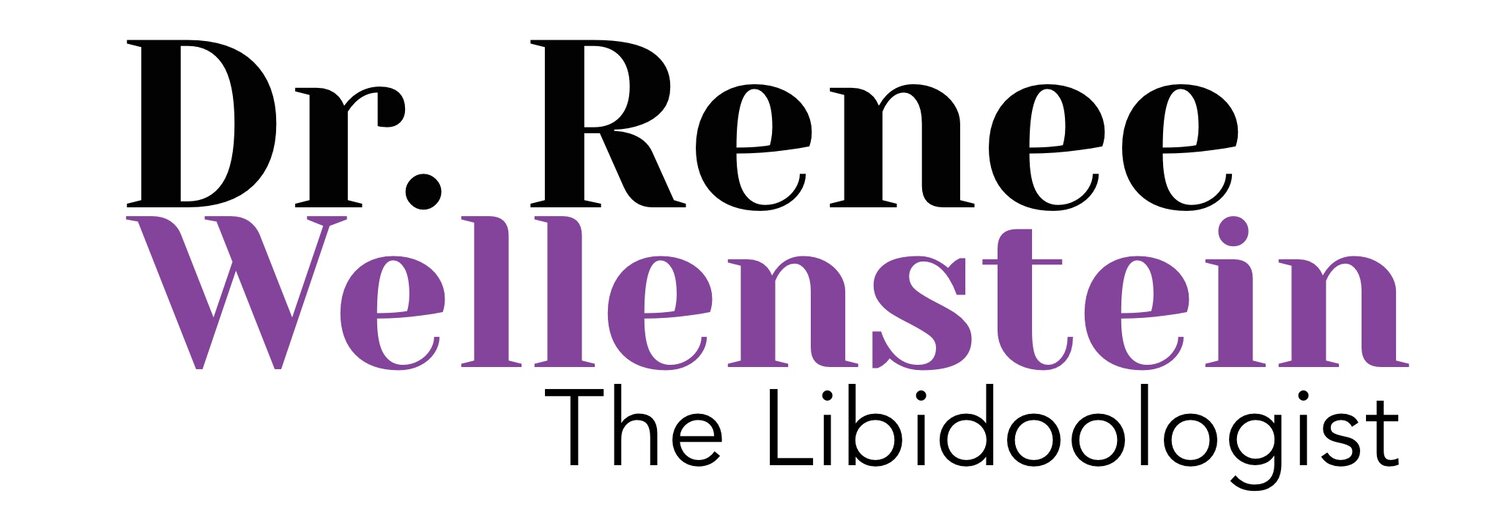Why Your Belly Fat Might Be Hormonal—Even If Your Labs Are “Normal”
Photo by Boxed Water Is Better
If you’ve been eating clean, exercising more, cutting back on sugar (and maybe even wine)... but your belly fat just won’t budge—this blog is for you.
You’re not imagining things.
And no, it’s not just a normal part of getting older.
For many women over 35, the real issue isn’t willpower.
It’s hormonal imbalance—specifically, estrogen overload.
🔄 What Is Estrogen Overload?
Let’s clear something up: estrogen overload isn’t always about having super high estrogen levels.
In fact, your labs might say your estrogen is “normal.”
But if your progesterone is too low—which happens often after 35—then estrogen becomes dominant by comparison. That’s when the trouble starts.
You might experience:
Bloating or puffiness
Mood swings
Breast tenderness
Heavy, painful periods
And that stubborn weight that parks itself right on your belly
This imbalance can affect your metabolism, insulin sensitivity, and how your body stores fat—especially around the midsection.
Where Does All That Extra Estrogen Come From?
There are a few major contributors to estrogen overload, and some of them might surprise you:
1. Toxins in your environment
Many personal care products, candles, plastics, and cleaning supplies contain endocrine-disrupting chemicals (EDCs) that mimic estrogen in your body. You may not see them, but your hormones feel them.
2. A sluggish detox system
If your liver and gut aren’t clearing estrogen efficiently, it can actually get reabsorbed—circulating in your body longer than it should.
There’s even a specific gut enzyme that plays a role in this process. (I explain that in detail in the video—plus how I test for it with my clients.)
3. Chronic stress
This one’s big. Stress lowers progesterone, and when progesterone goes down, estrogen gets the upper hand. It’s a hormonal domino effect—and belly fat is often the first clue.
What You Can Do About It
Here’s the good news: you can balance your hormones—naturally.
It starts with:
Daily habits that support your gut and liver
Reducing your exposure to hidden hormone disruptors
Addressing stress (not just managing it—but actually shifting how your body responds)
And yes, sometimes targeted supplements—but only if the foundation is in place
I cover exactly how to support these systems in the full video—including what to prioritize first and what I only recommend after testing.
[Watch the full video here] to learn the exact steps I walk my clients through to address estrogen overload and break through stubborn fat.
Ready to Dig Deeper?
If you’re wondering which hormone might be holding you back, start with my free [Hormone Imbalance Quiz]. It only takes a couple of minutes and gives you insight into what’s likely going on.
And if you want a clear, step-by-step plan to start balancing your hormones naturally, grab my [Hormone Balancing Starter Kit]—created for women over 40 who are tired of guessing.
Final Thoughts
Estrogen isn’t the enemy. But too much of it—with nowhere to go—can leave you feeling bloated, tired, frustrated, and stuck.
If you feel like your body’s not responding the way it used to, it’s time to look beyond calories and cardio and get to the root.
Your hormones are always talking to you.
The question is—are you listening?


